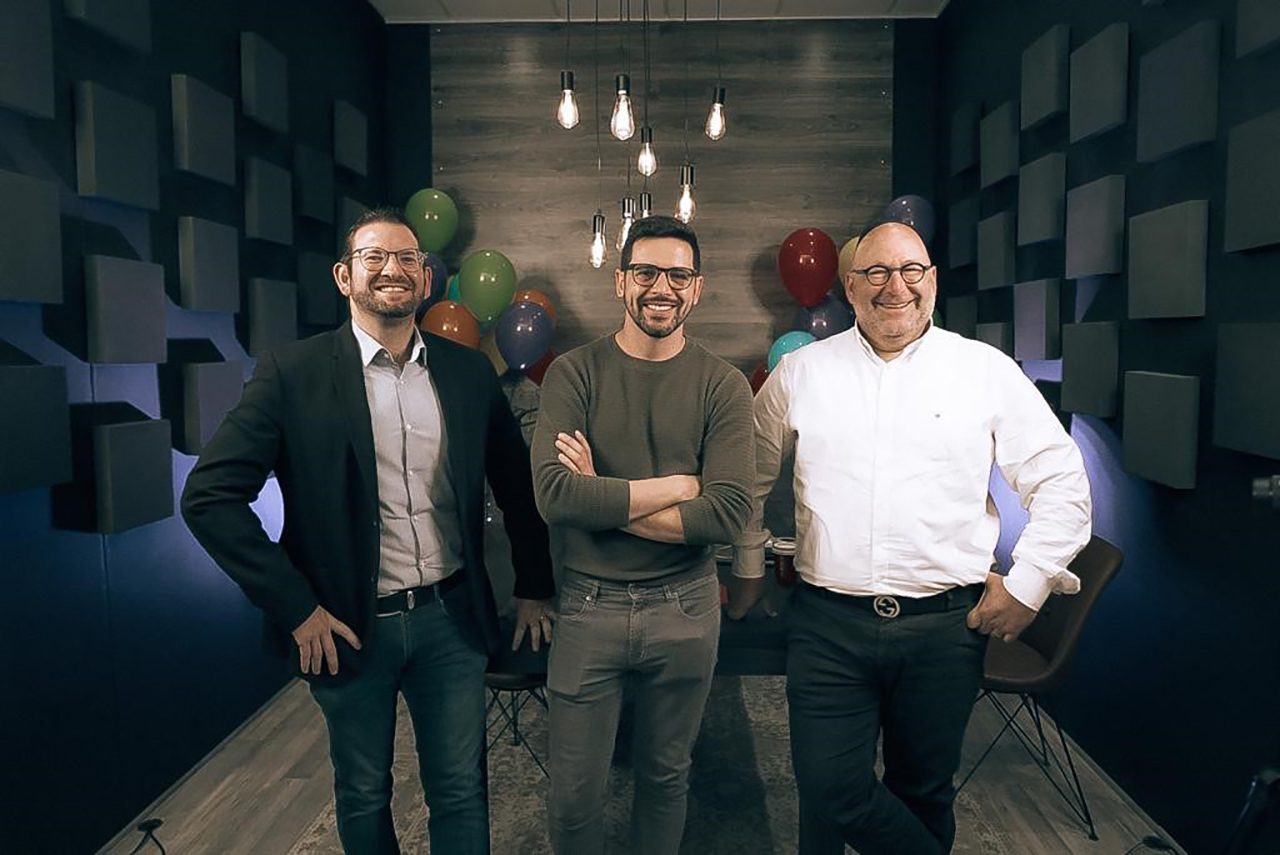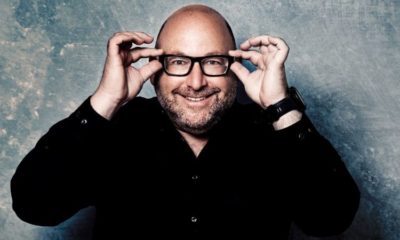
Featured Item

COVID podcast in the past – for now
As useful as numbers might be, they often disguise the real story. When we’re told that globally, more than 6.1 million people died from COVID-19, our rational brain tells us that it’s a high number and we ought to be moved by it.
But when we hear a story of a young man or woman who appeared healthy but succumbed to the virus leaving behind a grieving family, we feel without a moment’s thought.
Which is why the statistics as they relate to the Synthesis Sunday COVID Podcast with Dr Anton Meyberg only tell a fraction of the story. It might be that more than a half a million people watched the podcasts, that there were more than 90 episodes over two years, and that in excess of 270 hours were spent in preparation, recording, editing, and distributing it, but that isn’t the half of it.
The real story isn’t ours. It doesn’t belong to Synthesis, to Meyberg, or to me. But to the people who sought answers, who wanted to become as knowledgeable about COVID-19 and its impact, and who trusted us week after week to give them the information they needed.
When I approached physician pulmonologist Meyberg two years ago, he was sceptical. For the most part, doctors aren’t comfortable in the public domain. Add to that the fact that it was at the beginning of the pandemic, and there was a distinct information void. And that any interview would require honesty and vulnerability in acknowledging how little was known. Testament to that was the changing advice, such as going from no value in wearing a mask to masks being one of the most critical aspects of prevention.
We recorded the first podcast from the studio in Rosebank but immediately thereafter, moved to virtual recordings as the country went into lockdown. This became critical as many a Sunday, Meyberg would have to record from hospital having just exited the COVID-19 wards.
His demeanour those weeks told us the stories he couldn’t, and there were times when I would tell him to change his scrubs because the colour of his countenance looked as grey as his shirt.
There were unspeakably dark, cold days when death after death threatened to overwhelm him and others in the medical space and when we had no idea that warmer days would ever arrive. Those were the tough recordings. Our role was to inform and guide, and we couldn’t lose sight of that.
Father’s Day, when Meyberg couldn’t see his family and we recorded a message from his children, reduced us all to tears. Tears that we all shed because each of us was forced to endure unspeakable but different hardships.
Listeners comforted us. Each Saturday evening, we invited questions and each week, we were awarded hundreds in response. The enquiries guided us and indicated what people needed to know, and gave us a sense of what others were experiencing.
And after each recording, because we had promised answers, we were hounded and badgered and nagged until we could send the link that they were waiting for.
On Sunday, 3 April, we recorded the last of the series. Although COVID-19 isn’t over, it’s time for us to learn to live with it. And although we still need to be aware of the virus, we made the decision that our job is complete. For now.
Although I’m told over and over how the Sunday COVID podcast helped people, the reality is that I, too, was a recipient. Above all, it was a constant reminder that across the country and indeed across the world, no matter our nationality or religion, we are indeed a global community that cares, worries, and ultimately is in search of answers.






